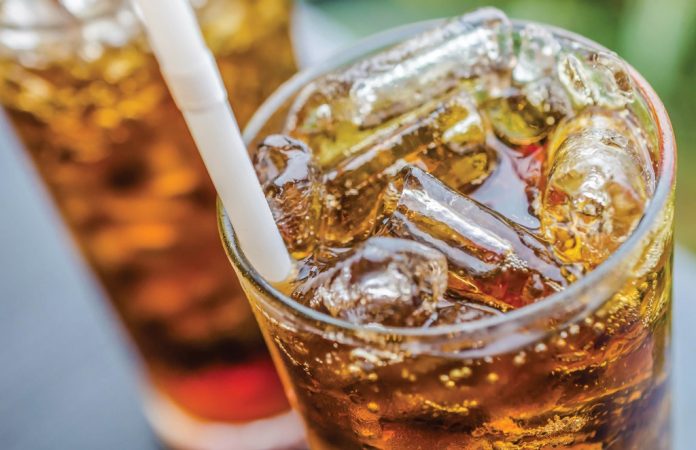By Daniel H. Grace
Secretary-Treasurer, Teamsters Local 830
Philadelphia’s controversial and discriminatory beverage tax is a failure.
The evidence is overwhelming. The latest proof is on full display in Mayor Kenney’s recently proposed city budget, in which the administration lowered the beverage tax’s projected revenues by 15 percent.
Revenues from the beverage tax for the current fiscal year will likely fall about $13 million short of what the administration had planned in its new budget. As a result of this shortfall, the city has been forced to dramatically decrease the number of pre-K seats and community schools it planned to open in the next five years. Given the city’s bait-and-switch ploy — allocating beverage tax revenue after its passage for numerous other programs, not solely “for the kids” — that means considerably less money for Rebuild Philadelphia.
The majority of Philadelphians despise the tax. In a recent poll conducted by the Philadelphia Business Journal, an overwhelming 70 percent of respondents thought the tax was a “bad idea.”
In addition to the badly under-performing revenues, the beverage tax is wreaking economic havoc on beverage companies, grocery chains, convenience stores, restaurants and corner delis. Countless Philadelphia citizens are skipping sweetened beverages altogether or buying the products outside the city limits or through illegal underground market operations that have popped up all over town.
Most consumers don’t realize it, but this onerous tax affects some 4,000 beverage items. The beverage tax has been particularly harmful to senior citizens on fixed incomes.
The damage to my union also has been substantial. Many of my members are seeing 50-percent reductions in their take-home pay. Others have quit altogether to help their families make ends meet.
There is a ray of hope on the horizon, however, for all those who oppose the beverage tax. The Pennsylvania Supreme Court decided in late January to hear the American Beverage Association’s appeal of lower court rulings that upheld the shaky legality of the beverage tax.
This was the result we’ve been hoping for for some time now.
We are encouraged that the Supreme Court justices are concerned enough that the beverage tax constitutes a double (and illegal) taxation on the same product that they want to hear arguments from both sides.
In another positive development, one Supreme Court justice who has conflicts in this case has recused himself from participating. It’s been in effect for more than a year now and the evidence is clear: the beverage tax is a failure.
It ought to be overturned. ••





